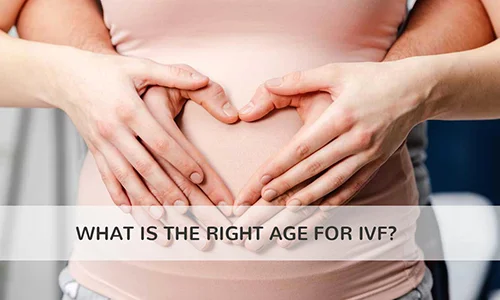
Understanding the Right Age for IVF: When to Start Fertility Treatment
Fertility is a journey that depends on many factors — age being one of the most important. While every couple’s path to parenthood is unique, knowing the right age for IVF can make a big difference in success. At Malti IVF Fertility Center, we provide expert guidance to help couples make informed decisions about the best time to begin treatment.
Ideal Age for IVF Success
The chances of successful IVF treatment largely depend on the woman's age. Fertility naturally declines with time, especially after the mid-30s.
- Women under 35 – IVF success rates are highest in this age group because egg quality and ovarian reserve are better.
- Ages 35–40 – IVF still offers excellent chances with tailored treatment plans and close monitoring.
- After 40 – While natural conception becomes difficult, IVF using advanced techniques such as ICSI or donor eggs can still make pregnancy possible.
At Malti IVF in Nashik, fertility specialists assess each woman's age, ovarian reserve, and hormone levels to design the most effective IVF protocol.
How Age Affects Egg Quality and Success Rates
A woman is born with a fixed number of eggs, and their quality gradually decreases over time. By the mid-30s, both the quantity and quality of eggs begin to decline, increasing the risk of genetic abnormalities and miscarriage.
- 1. Fewer eggs respond to stimulation medications.
- 2. Fertilization and implantation rates decrease.
- 3. The risk of chromosomal abnormalities rises.
However, thanks to advances in embryo culture, genetic testing (PGT), and vitrification (egg freezing), age-related fertility decline can now be managed more effectively than ever.
